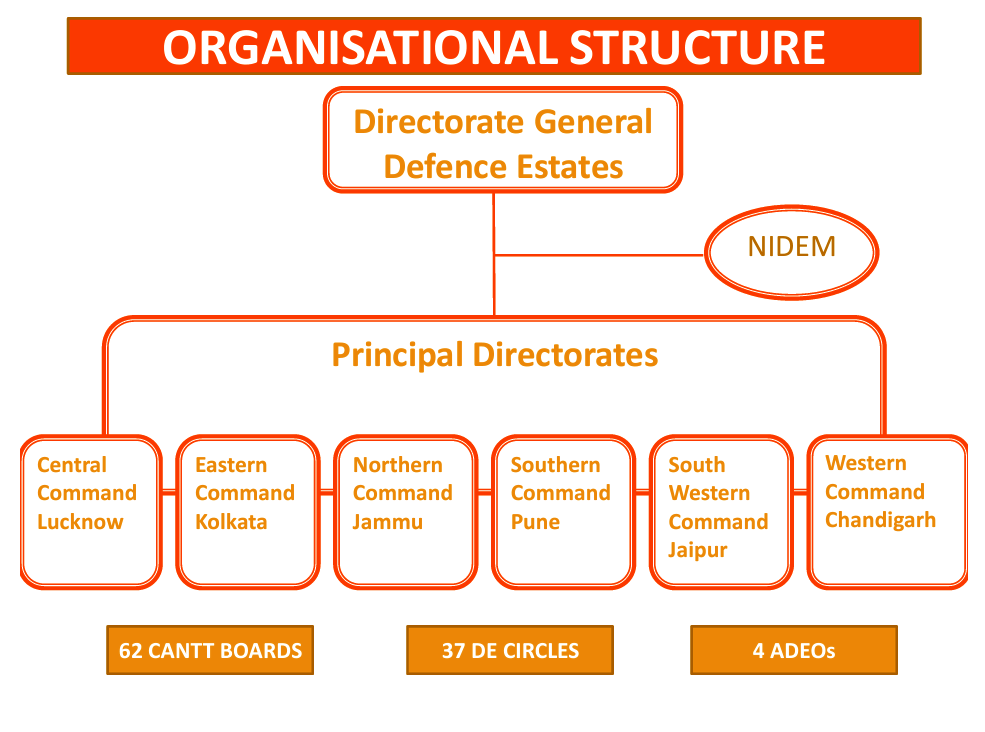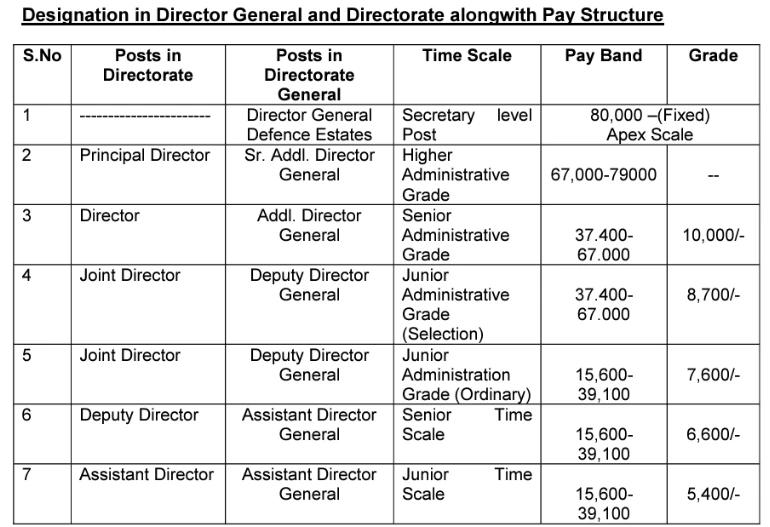Uncover the world of IDES: Manage defence lands & estates, lead Cantonment Boards. UPSC exam route included! 🇮🇳 #Defence #CivilServices #UPSC

The Indian Defence Estates Service (IDES) operates as an organized Group A Central Service within the Government of India, under the Ministry of Defence. The selection process for Indian Defence Estates Service is based on the annual Civil Services Examination conducted by the UPSC. Established on December 16, 1926, the department has undergone a series of name changes, initially starting as the Military Lands and Cantonments Service, then evolving into the Defence Lands and Cantonments Service. In 1985, it officially adopted the name Indian Defence Estates Service. According to the Indian Defence Estates Service (Group ‘A’) Rules, 2013, IDES consists of 75% direct recruitment and 25% promotion. The history and development of IDES are closely intertwined with the recent history of the nation.

Organizational Framework of Indian Defence Estates Service: A Three-Tiered Structure
The structure of the Indian Defence Estates Service (IDES) is organized into three tiers.

IDES officers have the opportunity for deputation to various entities such as the Central Government, State Governments, Autonomous Organizations, Subordinate Organizations, PSUs, and participation in the Central Staffing Scheme.
The duties and responsibilities of IDES officers are diverse and undergo significant evolution across different stages of their careers, reflecting a dedication to effective land management, legal proficiency, and the well-being of cantonment residents.
In conclusion, the roles and responsibilities of IDES officers exemplify a trajectory marked by a commitment to efficient land management, legal expertise, and a dedication to the welfare of residents in cantonments. From their formative years as probationers to assuming the pinnacle position of Director General Defence Estates, IDES officers navigate a complex terrain, contributing significantly to the nation’s defense infrastructure and the well-being of communities within cantonments.
| Must Read | |
| NCERT Notes For UPSC | UPSC Daily Current Affairs |
| UPSC Blogs | UPSC Daily Editorials |
| Daily Current Affairs Quiz | Daily Main Answer Writing |
| UPSC Mains Previous Year Papers | UPSC Test Series 2024 |
IDES functions as a crucial Group A Central Service under the Ministry of Defence, responsible for overseeing defence lands, Cantonment Boards, and various land management functions.
Recruitment to IDES primarily occurs through the annual Civil Services Examination (CSE) conducted by the Union Public Service Commission (UPSC).
IDES follows a three-tier structure: The highest tier includes the Directorate General in Delhi Cantt., followed by six Directorates aligned with Army Commands at the middle tier. At the field level, Chief Executive Officers are stationed in 62 Cantonment Boards, along with Defence Estates Officers in 37 Defence Estates Circles.
IDES officers contribute significantly to policy formulation by offering counsel to the Ministry of Defence, overseeing law and regulation implementation, and addressing the land and building requirements of user services.
NIDEM serves as the dedicated training institute for IDES, delivering induction and in-service training. The institute plays a pivotal role in enhancing the skills of probationers and officers.

<div class="new-fform">
</div>